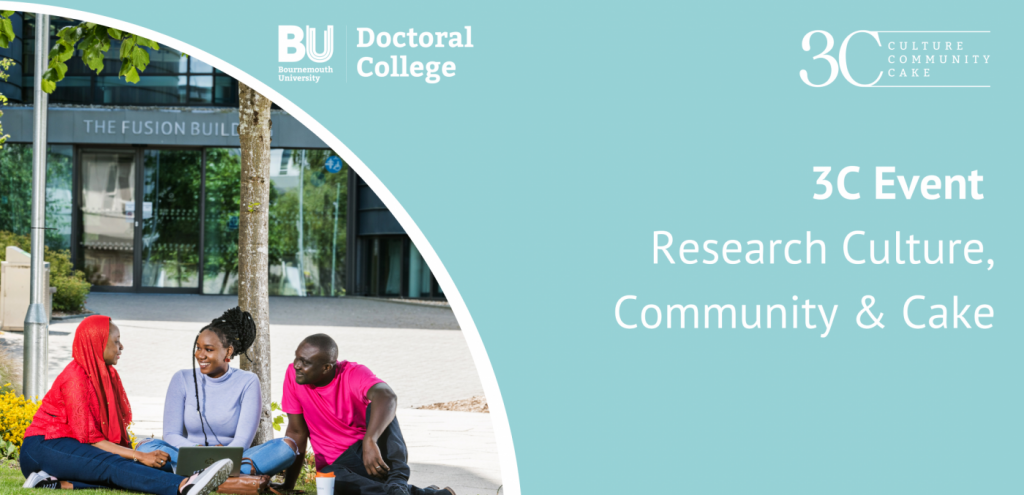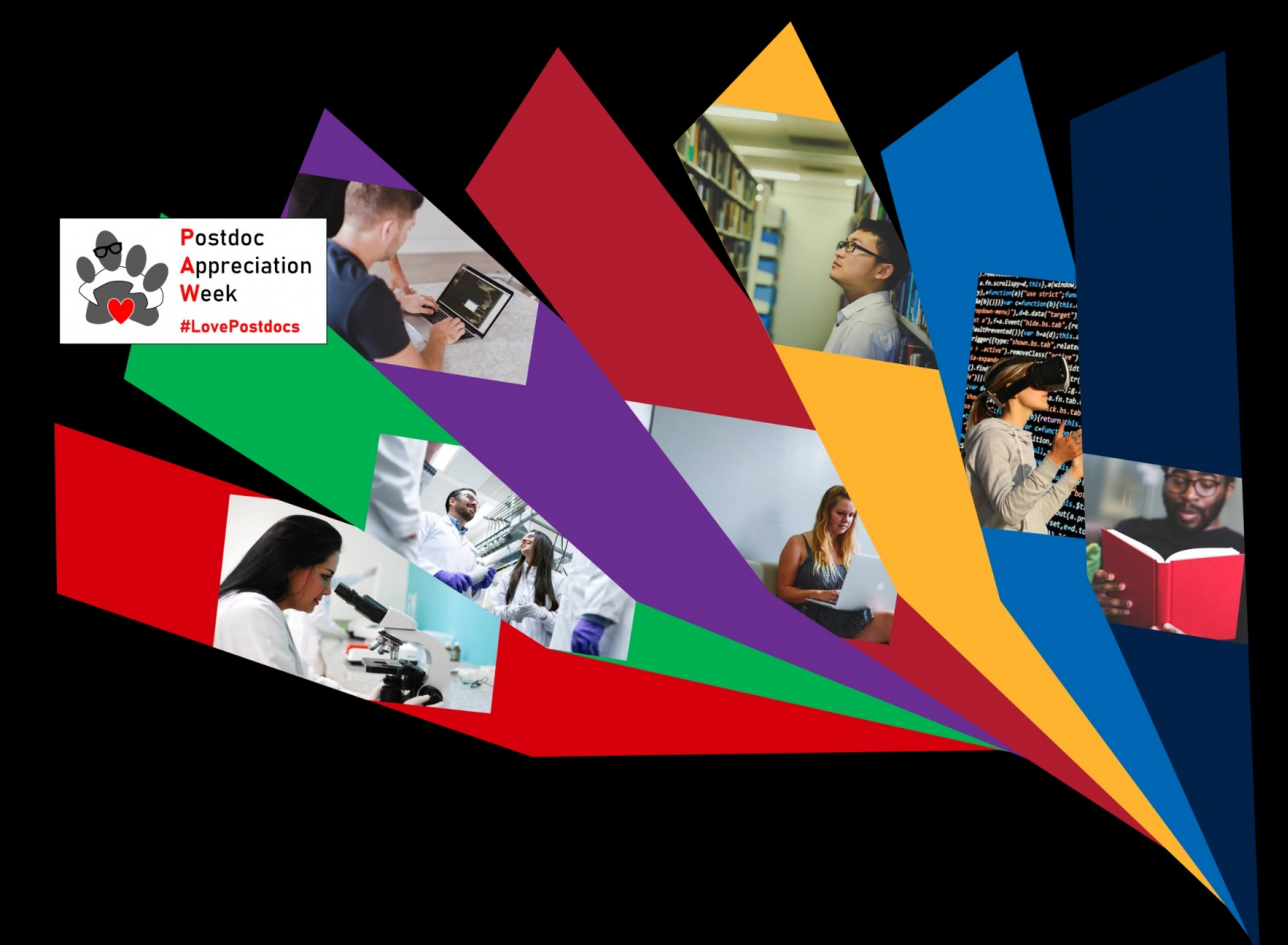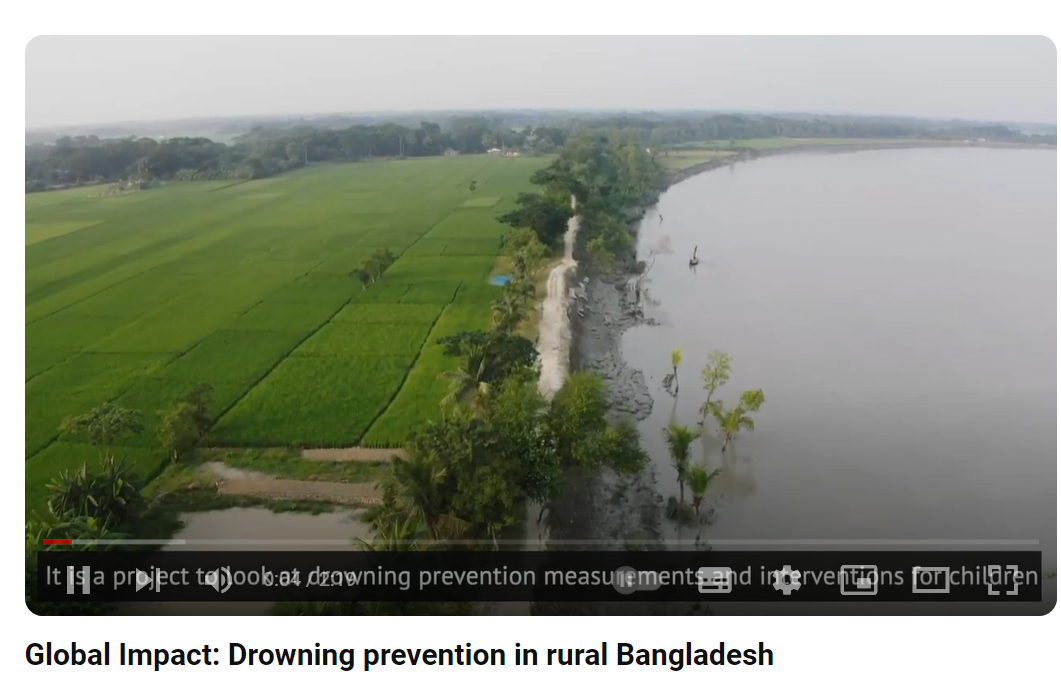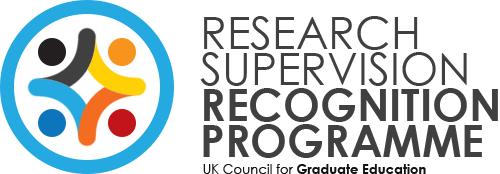We are excited to introduce the new Researcher Development and Culture Team within the Doctoral College at BU

Our team – Enrica Conrotto, Beverley Allen, and Zoe Leonard support BU researchers at all career stages. We will work together to shape and deliver initiatives that strengthen researcher development and promote a positive research culture across BU.
As we are currently developing a more structured programme of support, specifically for Early Career Researchers, we are pleased to offer you immediate access to 10 core online workshops from the Researcher Development Programme
You can register for the following online workshops via Eventbrite, where you will also find an overview of each session.
Research data management: An introduction – Friday 10 October, 12-1pm
Ethics: Values, standards, and BU process Q&A – Monday 3 November, 12-1pm
Ethics: Clinical research governance – Monday 3 November, 2-3pm
Presentation skills for researchers – Friday 7 November, 10am-1pm
NVivo: Day 1 – Setting up your qualitative database – Thursday 13 November, 9am-5pm
NVivo: Day 2 – Analysing your data – Friday 14 November, 9am-5pm
Publishing your research: Mastering journal paper writing (SSH) – Wednesday 19 November, 2-4pm
Publishing your research: Mastering journal paper writing (STEM) – Thursday 27 November, 10am-12pm
Academic writing: Reduce anxiety – Friday 5 December, 10am-1pm
Integrating GenAI in our Research: A practical guide – Monday 17 November, 10am-12pm

Additional opportunities are available via the British Academy Early Career Researcher Network
The British Academy Early Career Researcher Network is an inclusive, researcher-led membership body accessible to all UK-based early career researchers working in the humanities and social sciences.
Finding your Voice – Stream 2 Advancement – Wednesday 8 October, 10:30am-4:30pm
Early Career Researcher Network Welcome Session and Development Fund Drop In – Thursday 9 October, 11am-12:30pm
Mastering CV and Cover Letters for International Scholars in the UK – Friday 10 October, 10am-12pm
Being Strategic & Prioritising Your Time – Stream 2 Advancement – Wednesday 15 October, 9:30am-12:30pm
Empirical Research – Coding and Analysing interview data with Dr James Lovelock – Wednesday 15 October, 3-4:30pm
Curating Conversations: Setbacks, support and success – Thursday 16 October, 10am-4pm
Compass 1: Reframing Research Identity – Thursday 16 October, register to access
Finding your Voice – Stream 2 Advancement – Thursday 16 October, 10am-4pm
Compass 2: Pathways Beyond Academia -Thursday 6 November, register to access
Conference: Company Law and Sustainability – Friday 7 November, register to access
Compass 3: Strategic Action Planning – Thursday 27 November, register to access

Other useful resources for ECRs are available on the Elsevier Research Academy. The Elsevier Researcher Academy is a free e-learning platform designed to unlock the potential of early and mid-career researchers.

Finally, we are pleased to invite you to our 3C event, taking place on Talbot Campus, Wednesday 12 November 3-4pm
These regular social events provide an informal forum to connect with fellow researchers, exchange ideas, and develop new collaborations over refreshments. All members of the BU research community are invited to attend and contribute.
Find out more and register here
Please keep a look out for further announcements regarding the Early Career Researcher Network.
Should you have any questions, suggestions, or would like to discuss your development needs, please contact the team: researcherdevelopment@bournemouth.ac.uk





 This RKEDF session aimed at researchers at all career stages, and will give you the tools to help you entify the organisations, groups and people who could either benefit from your research, or be able to influence or facilitate impact arising from it.
This RKEDF session aimed at researchers at all career stages, and will give you the tools to help you entify the organisations, groups and people who could either benefit from your research, or be able to influence or facilitate impact arising from it.





 The Science, Health, and Data Communications Research Group will be conducting a series of workshops to start off the new year, designed to help Bournemouth researchers form new networks and collaborative projects around educating and communicating research to the public.
The Science, Health, and Data Communications Research Group will be conducting a series of workshops to start off the new year, designed to help Bournemouth researchers form new networks and collaborative projects around educating and communicating research to the public.











 Seeing the fruits of your labour in Bangladesh
Seeing the fruits of your labour in Bangladesh Exploring Embodied Research: Body Map Storytelling Workshop & Research Seminar
Exploring Embodied Research: Body Map Storytelling Workshop & Research Seminar Marking a Milestone: The Swash Channel Wreck Book Launch
Marking a Milestone: The Swash Channel Wreck Book Launch No access to BRIAN 5-6th February
No access to BRIAN 5-6th February ECR Funding Open Call: Research Culture & Community Grant – Application Deadline Friday 12 December
ECR Funding Open Call: Research Culture & Community Grant – Application Deadline Friday 12 December MSCA Postdoctoral Fellowships 2025 Call
MSCA Postdoctoral Fellowships 2025 Call ERC Advanced Grant 2025 Webinar
ERC Advanced Grant 2025 Webinar Update on UKRO services
Update on UKRO services European research project exploring use of ‘virtual twins’ to better manage metabolic associated fatty liver disease
European research project exploring use of ‘virtual twins’ to better manage metabolic associated fatty liver disease